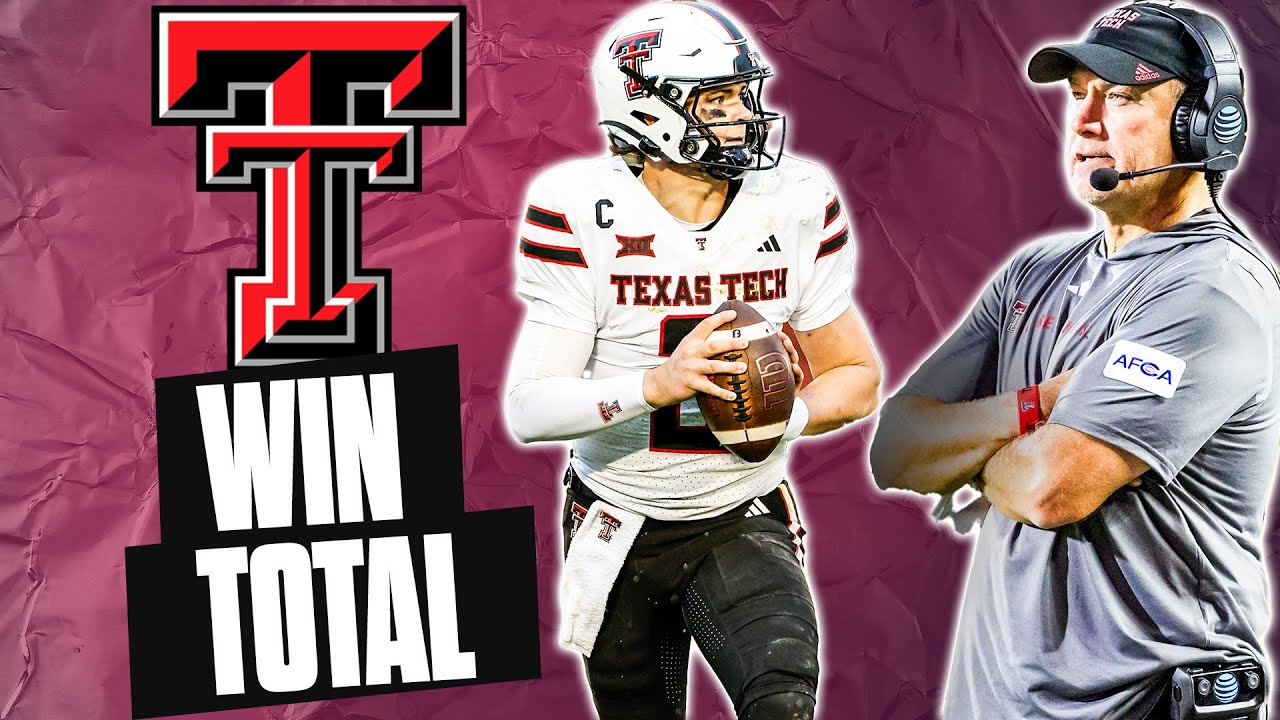Dak Prescott, quarterback of the Dallas Cowboys, has been one of the most polarizing figures in the NFL over the past several seasons. Loved by many fans for his leadership and steady presence, Prescott has also been the subject of ongoing criticism—particularly from analysts who question whether his on-field performance matches the lofty expectations placed upon him. Recently, one analyst reignited the debate by labeling Prescott as “overrated,” offering a detailed breakdown of why the quarterback, despite his impressive statistics, may not deserve the elite status he often enjoys in the media and fan circles.
The Case for Being “Overrated”
The term “overrated” is often thrown around in sports commentary, but in this case, the analyst in question laid out specific, measurable reasons behind the claim. The argument doesn’t question whether Prescott is a capable NFL quarterback—it centers on whether he lives up to the status he’s been granted. According to the analyst, Prescott’s reputation is inflated by media narratives, padded stats, and an overly generous Cowboys fanbase.
One of the central points made was that Prescott’s stats often look good on paper but don’t translate into meaningful wins, especially in the playoffs. While Prescott consistently throws for over 4,000 yards and has a strong touchdown-to-interception ratio, his postseason record leaves much to be desired. With only a handful of playoff wins over his career and several early exits, Prescott has yet to prove he can lead his team deep into January, let alone February.
The Playoff Performance Problem
Dak Prescott’s postseason performance has been a sticking point for critics. As the quarterback of “America’s Team,” expectations are astronomically high, and playoff success is often the ultimate measuring stick. Yet, Prescott has a losing record in the playoffs and has failed to advance past the Divisional Round.
In multiple playoff appearances, Prescott has been criticized for inconsistent play, including costly interceptions, questionable decision-making, and an inability to elevate his team during crucial moments. The analyst pointed out specific examples, such as his performance against the San Francisco 49ers, where turnovers played a key role in Dallas’s defeat.
For a quarterback being paid like a top-tier talent, the lack of deep playoff success is a major blemish on Prescott’s resume. Critics argue that elite quarterbacks elevate their play in the postseason—something Prescott has yet to do.
Inflated Statistics and Garbage Time Yards
Another major factor contributing to the “overrated” label is the notion that Prescott’s statistics are often inflated by “garbage time” yards. Garbage time refers to periods in a game when the outcome is essentially decided, and defenses relax, allowing for easy completions and meaningless yardage.
According to the analyst, a significant portion of Prescott’s production comes in situations where the game is already out of reach, either because the Cowboys are trailing or comfortably ahead. This kind of production may help boost fantasy football numbers, but it doesn’t necessarily reflect impactful quarterback play.
The analyst also highlighted how Prescott’s numbers tend to look impressive at the end of the regular season, only to drop sharply when facing elite competition or playoff-caliber defenses.
Supporting Cast and Scheme
Critics argue that Prescott has benefitted greatly from a talented supporting cast. Over the years, he has had the luxury of throwing to top-tier receivers like CeeDee Lamb and Amari Cooper, while operating behind one of the league’s best offensive lines. In addition, he’s worked within offensive schemes that simplify reads and maximize efficiency.
The analyst stressed that when Prescott is forced to operate without a perfect supporting environment—such as when the offensive line is injured or top receivers are missing—his limitations become much more evident. He struggles with pocket awareness, takes unnecessary sacks, and tends to become overly reliant on check-downs.
When placed in comparison with other quarterbacks who have had to carry lesser rosters—like Joe Burrow with the Bengals or Justin Herbert with the Chargers—Prescott’s inability to elevate his team becomes more apparent.
Turnovers and Decision Making
Another critical point made in the analysis was Prescott’s increasing number of turnovers in recent seasons. In 2022, he led the league in interceptions despite missing five games, a stat that raised serious concerns about his decision-making.
Some of these interceptions were the result of miscommunication or tipped balls, but many were directly tied to poor judgment under pressure. The analyst detailed how Prescott often fails to read complex defensive schemes, resulting in passes thrown into tight or double coverage.
This issue is especially alarming because it shows up in high-pressure moments—third downs, red zone situations, and fourth-quarter drives. If a quarterback is expected to be the leader and closer, then mental errors at critical junctures are difficult to excuse.
Comparing Contracts vs. Performance
The analyst also questioned whether Prescott’s contract aligns with his actual performance. As of recent seasons, Prescott has been one of the highest-paid quarterbacks in the NFL. While salary figures often reflect market trends more than pure ability, elite contracts come with elite expectations.
In the analyst’s view, Prescott has not lived up to the value of his deal. He isn’t the kind of quarterback who can win games on his own or mask other roster deficiencies. Instead, he requires everything around him to function at a high level to succeed.
Given that high salary quarterbacks often limit what a franchise can spend elsewhere, a player in that position must be truly transformative. The analyst argues that Prescott simply doesn’t meet that standard.
Leadership and Intangibles
Prescott is often praised for his leadership, character, and off-the-field demeanor. While the analyst acknowledged these traits as commendable and important, he cautioned against overvaluing them when assessing quarterback play.
Leadership can rally a team, but it cannot replace production. The NFL is a results-driven league, and ultimately, quarterbacks are judged on wins, especially in January and February. Being a good locker room presence is valuable, but not a substitute for clutch performance on the field.
Final Thoughts: A Capable QB, Not an Elite One
To be clear, the analyst did not label Dak Prescott as a “bad” quarterback. On the contrary, he credited Prescott for being a reliable starter who can manage games, make accurate throws, and contribute to regular-season success. However, the analyst drew a hard line between being a “top-10 quarterback” and being “elite.”
Prescott, in this view, is more of a tier-2 quarterback: good enough to win games and keep a team competitive, but not the kind of player who can carry a franchise to a Super Bowl. He may thrive when the circumstances are right, but when the pressure mounts and the competition stiffens, he doesn’t always rise to the occasion.
This analytical takedown isn’t intended as a personal attack, but rather a sober assessment of Prescott’s place in the NFL hierarchy. In a league where quarterback play is the ultimate difference-maker, being “good” is not enough to justify being treated like the best. For Dak Prescott, the road to shedding the “overrated” label starts with postseason success and a consistent ability to perform when the stakes are highest. Until then, the debate over his true value will continue.




